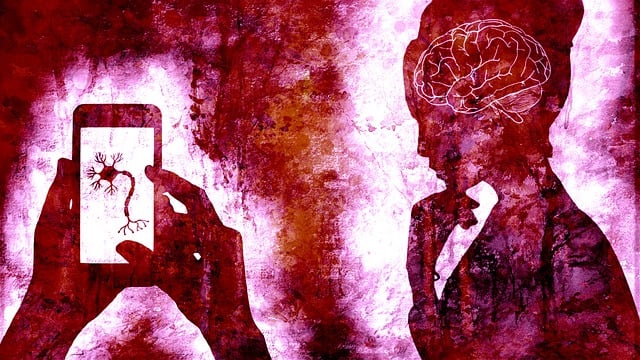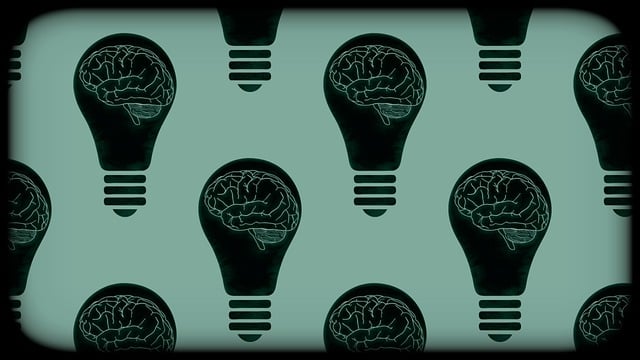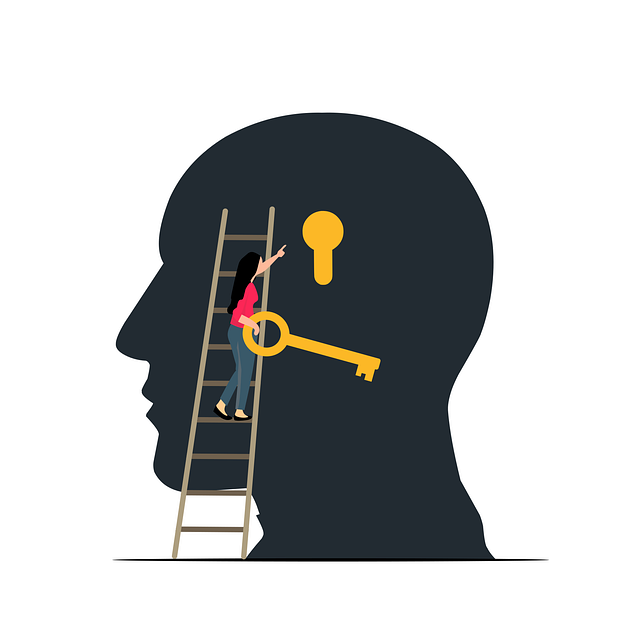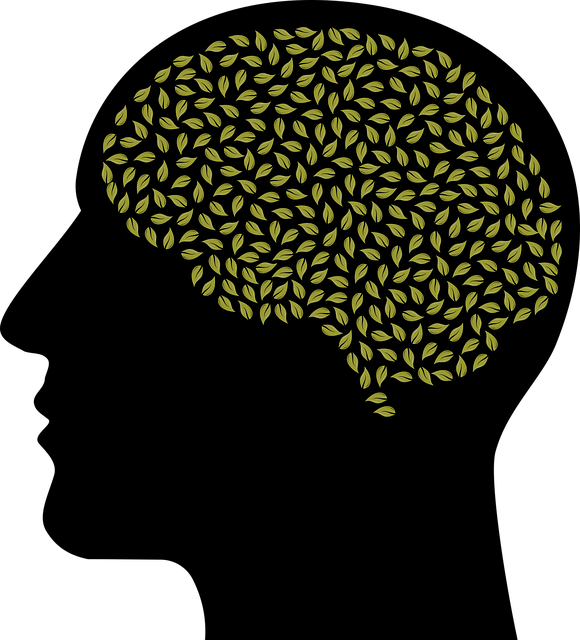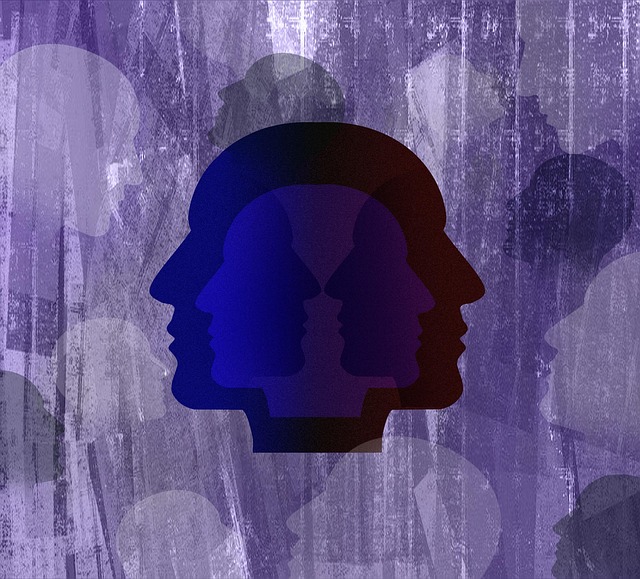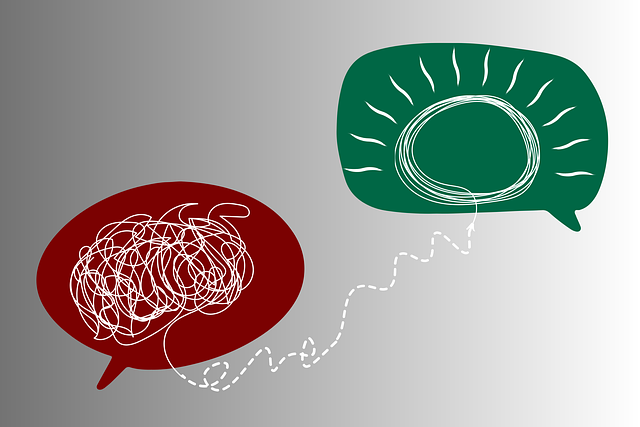Despite advancements in psychiatry, misdiagnosis and delayed treatment of Bipolar Disorder (BD) remain prevalent due to overlapping symptoms with other disorders and diverse manifestations across cultures. To improve accuracy, Superior Bipolar Disorder Therapy integrates advanced assessment tools, self-awareness exercises, cultural sensitivity, Mental Wellness Coaching, and Emotional Intelligence. Educating patients and healthcare providers is crucial for promoting awareness, open conversations about mental health, timely interventions, improved long-term outcomes, and anxiety relief strategies. The ultimate goal is to enhance diagnostic accuracy and access to tailored Superior Bipolar Disorder Therapy.
Mental illness diagnosis accuracy is a critical aspect of patient care, especially for complex conditions like bipolar disorder. Despite significant strides in mental health awareness, misdiagnosis remains prevalent, impacting treatment efficacy and patient outcomes. This article explores the current challenges in bipolar disorder diagnosis, highlighting the need for advanced techniques and comprehensive strategies to enhance accuracy. We delve into cutting-edge research, innovative assessment methods, and practical approaches that promise a superior Bipolar Disorder therapy landscape.
- The Current State of Bipolar Disorder Diagnosis
- – Prevalence and impact of misdiagnosis
- – Common challenges in diagnosis process
The Current State of Bipolar Disorder Diagnosis

The diagnosis of Bipolar Disorder (BD), a complex mental health condition characterized by extreme mood swings, remains a challenge for healthcare professionals. Despite advancements in psychiatry, misdiagnosis and delayed treatment are still prevalent. The current state of BD diagnosis is marked by several factors. Often, patients present with symptoms that overlap with other disorders, such as depression or anxiety, making it difficult to pinpoint BD as the primary issue. This complexity demands a nuanced approach, one that delves beyond surface-level symptoms to uncover the intricate patterns and triggers unique to each individual’s experience.
Efforts to enhance diagnosis accuracy involve multifaceted strategies. Superior Bipolar Disorder therapy leverages advanced assessment tools, incorporating self-awareness exercises to help individuals identify their emotional cues and cycles. Additionally, educating both patients and healthcare providers about BD’s diverse manifestations is vital. By promoting awareness and fostering open conversations around mental health, we can ensure that those struggling with BD receive timely and appropriate interventions, ultimately improving long-term outcomes and enhancing anxiety relief and depression prevention strategies.
– Prevalence and impact of misdiagnosis

Misdiagnosis in mental health is a significant concern that can have devastating consequences for individuals and their families. Studies show that bipolar disorder, in particular, is often misdiagnosed or overlooked, leading to delayed treatment and potential exacerbation of symptoms. This issue is further compounded by the diverse presentation of mental illnesses across different populations, with cultural sensitivity playing a crucial role in accurate diagnosis.
The impact of misdiagnosis can be profound, causing individuals to receive ineffective treatments or even face unnecessary stigma and discrimination. In light of this, there’s an increasing emphasis on integrating Cultural Sensitivity in Mental Healthcare Practice and developing innovative programs like Mental Wellness Coaching to enhance diagnostic accuracy. Emotional Intelligence also emerges as a vital tool, enabling healthcare professionals to better understand and respond to the nuances of each patient’s experience. These efforts aim to improve care quality, ensuring individuals receive the superior Bipolar Disorder Therapy they deserve.
– Common challenges in diagnosis process

The mental illness diagnosis process faces several challenges that can impact accuracy and patient care. One significant hurdle is the subjective nature of symptoms, which often vary widely from person to person. This variability makes it difficult for healthcare professionals to arrive at a consistent and precise diagnosis. For instance, conditions like Superior Bipolar Disorder present with diverse manifestations, including intense mood swings, energy levels, and behavioral changes, making it a complex diagnostic puzzle.
Another challenge lies in the comorbidity of mental health disorders, where individuals may simultaneously struggle with multiple conditions, such as anxiety and depression. This complexity adds another layer to the diagnosis process, as symptoms can overlap, obscuring the distinct characteristics of each disorder. Additionally, social and cultural factors influence how mental illness is experienced and expressed, potentially leading to misdiagnosis or delayed treatment. Addressing these challenges requires a multifaceted approach, incorporating advanced assessment tools, ongoing training for healthcare providers, and promoting public awareness about mental health symptoms and available support systems, including Depression Prevention and Stress Reduction Methods. Compassion Cultivation Practices also play a crucial role in fostering an environment of understanding and accurate diagnosis.
Mental health professionals are continually striving for greater accuracy in bipolar disorder diagnoses, as misdiagnosis can significantly hinder effective treatment. By recognizing the unique challenges within the current diagnostic process, such as symptom variability and comorbidities, we can enhance the reliability of assessments. Investing in advanced training, standardized evaluation tools, and integrated care models promises to improve diagnosis accuracy, ultimately leading to more tailored and successful superior bipolar disorder therapy.



